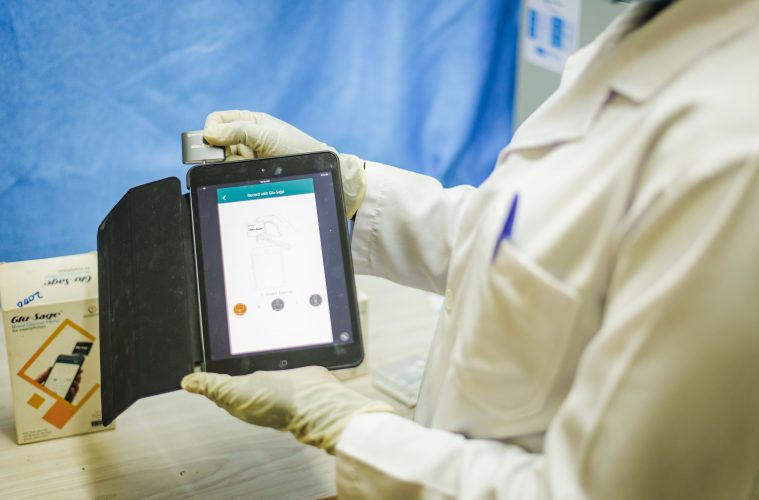Open source software solution, Mbali Health, was selected as regional winners for innovation to help Kenyans in low income areas gain remote access to medical care during the pandemic.
IBM and David Clark Cause today announced the Middle East and Africa regional winner of the 2020 Call for Code Global Challenge. The challenge brought together developers, start-ups, and enterprise developers to create solutions to address the world’s current COVID-19 pandemic and climate change. In addition to the winning team, the Call for Code Challenge had regional finalists from other African countries such as Uganda, Tanzania, and Nigeria tackling education, health, and climate change.
This year’s regional winning solution is from a team of developers out of Nairobi, Kenya, who designed the Mbali Health application that connects patients to care providers in a socially distanced way.
With many countries facing increased lockdown procedures, it was increasingly difficult for patients to gain access to medical care in a safe and socially distanced manner. With over 90% mobile penetration, the easy to use application is effortlessly accessible to a large population of Kenyans allowing for them to interact and receive diagnosis from physicians from the comfort of their homes.
The team will be awarded a total of Ksh.500,000 ($5000) which will go towards future development and deployment of the application. The team aims to include the transmission of voice and images. They will also receive support from IBM’s technical experts.
Sam Wilks of Mbali Health said, “We are honored to have been part of the Call for Code challenge. During this pandemic we saw the struggle that the patients and clinics were facing and sought to develop a solution. To emerge as the winners in this region is not only humbling, but also pushes us to continue creating innovative solutions for the health sector; an area we are very passionate about.”
Now in its third year, the Call for Code global competition has generated more than fifteen thousand solutions built using a combination of open source-powered products and technologies. his movement has grown to mIn its two years of existence, the competition has involved more than 400,000 developers and problem solvers across 179 nations.


